‘In the 20th century we had a humanitarian offensive’
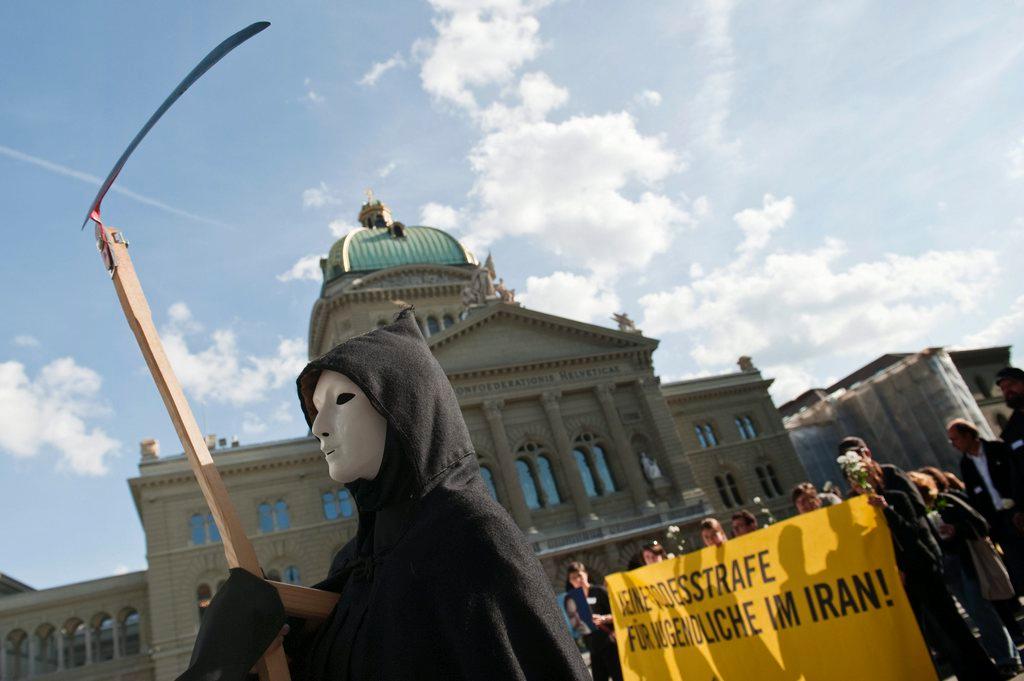
Whereas capital punishment used to be the “strongest expression of sovereignty”, now its rejection is a sign that Switzerland’s system of direct democracy is in good health, according to Pirmin Meier, an author and historian.
swissinfo.ch interviewed Meier 75 years after Hans Vollenweider became the last Swiss to be executed in peace time. He was beheaded by guillotine in Sarnen, canton Obwalden, on October 18, 1940, for murdering three people.
swissinfo.ch: The death penalty was first abolished in Switzerland in 1874. Five years later voters brought it back, before getting rid of it in 1938. What was guiding these changes?
Pirmin Meier: There were various reasons for the [first] abolition. Conservatives, above all the Catholic conservatives, were not against the death penalty. According to the Catholic view of natural justice, guilt was the worst possible sin and life was something that could be forfeited. Swiss liberals on the other hand were by 1845 already against it to an extent because a liberal revolutionary, Jakob Robert Steiger, had been sentenced to death for political reasons [the execution wasn’t carried out]. So the Liberal and Democratic majority opposed the death penalty.
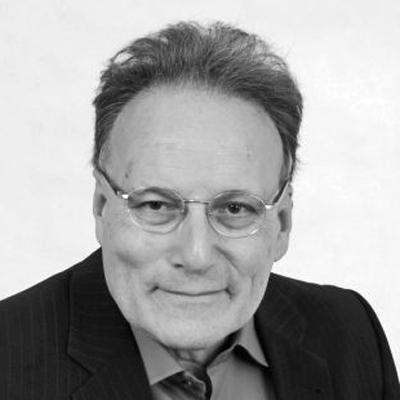
Then in the 20th century we had a humanitarian offensive – often the same people who were fighting for women to be given the vote were also against the death penalty. Swiss intellectuals, who had more influence then than today, were against the death penalty as well. But the most important thing was that more and more cantons were abolishing it and in the end only the Catholic cantons and canton Schaffhausen kept it.
There was a trend towards general abolition: people were wondering why a murderer in Zurich would not be executed but one in Obwalden – like Mr Vollenweider – would be. It was seen as a violation of legal equality.
swissinfo.ch: In 1879, 52.5% of voters thought, actually, maybe capital punishment is a good idea after all…
P.M.: Another point was that war and being a soldier was justified, and the view was that if soldiers and policemen had to sacrifice their lives, why should criminals, of all people, not have to sacrifice theirs?
One of the main concepts of criminal law is retribution and if this is applied logically, the death penalty cannot be ruled out. The death penalty had already existed in Britain, the United States, France and other civilised nations for a long time when Switzerland abolished it. In 1937 [when the Swiss parliament adopted the first federal criminal code, abolishing capital punishment in peace time], you couldn’t say that countries with capital punishment were barbaric.
swissinfo.ch: The eye-for-an-eye argument is still strong for some people.
P.M.: Right, and that’s retribution. But whereas in criminal law today retribution is secondary to resocialisation and other issues, in classical criminal law going back to the Bible, retribution was the main thing.
swissinfo.ch: Is the method of execution significant? Swords play a central role in traditional Swiss identity. For example, the three leaders of cantons Uri, Schwyz and Unterwalden – who met on the Rütli meadow in 1291 and swore an oath to help each other against the ruling Habsburgs – are always pictured with swords.
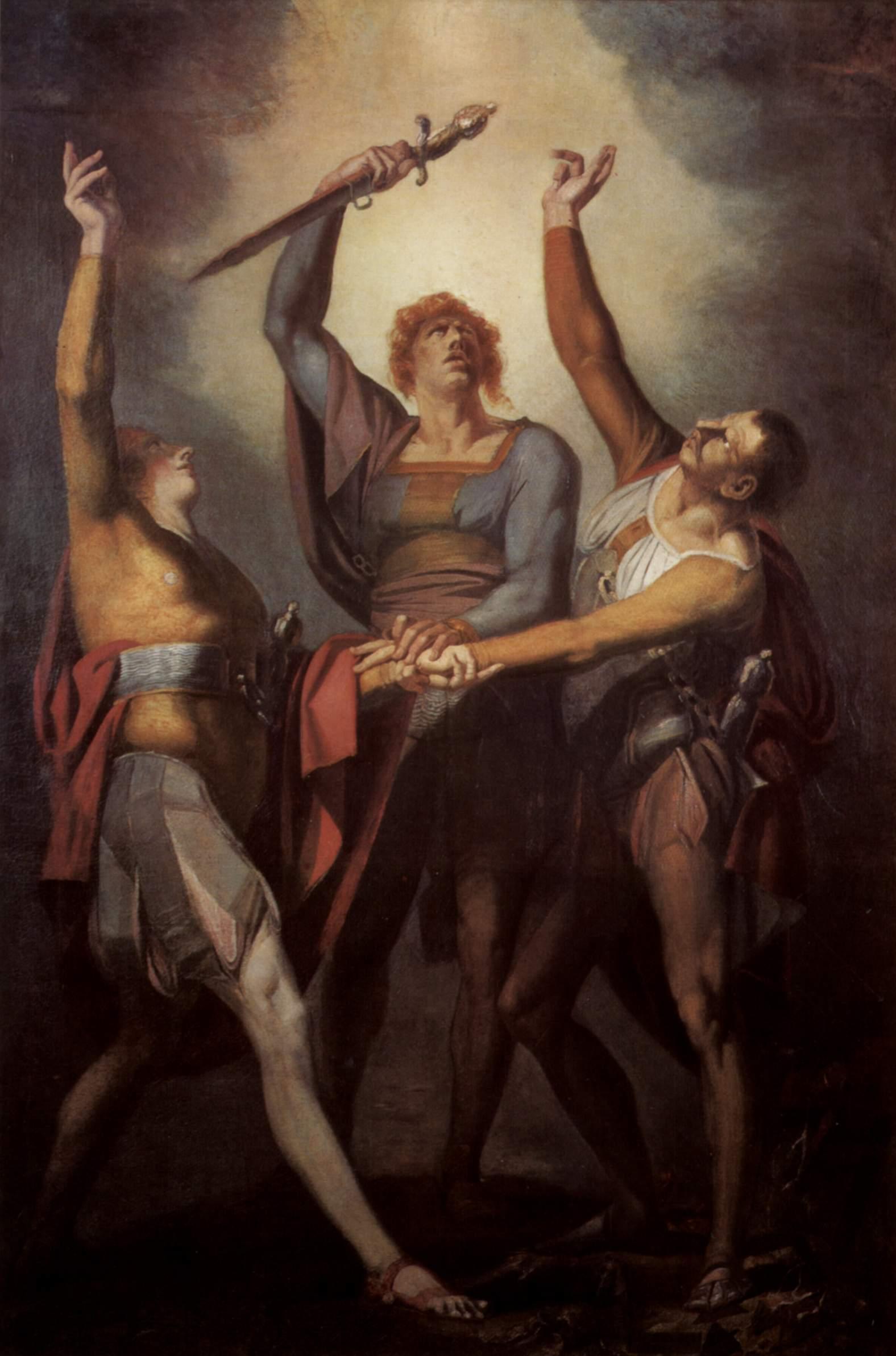
P.M.: The most powerful symbol of sovereignty was the sword and having power over life and death.
Today in the US a state governor or even the president can grant pardons. How did pardons work in Lucerne and in the case of Vollenweider? Normally the cantonal parliament would have got together 24 or 48 hours before the execution and all parliamentarians would vote for or against a pardon. With each decision over life and death, parliament was saying ‘We are sovereign. What the House of Habsburg was 800 years ago, we are today’.
It was for this reason that the abolition of capital punishment in 1937 was considered, especially in Obwalden, as a provocation [Obwalden voted by 80% to keep the death penalty]. The cantonal director of justice saw it as a deprivation of power. Obwalden wasn’t wildly executing people – before 1940 Obwalden’s previous execution was in 1846! – but the right to execute people was an expression of cantonal sovereignty and the director of justice wanted to keep this, so he demonstrated it again on October 18, 1940, in what in my opinion was a dubious decision.
Also bear in mind that until 1963 Obwalden, Uri and Schwyz had never had a cabinet minister. So if they didn’t have much of a voice in Bern, at least they wanted sovereignty at home. And, as I said, the strongest expression of sovereignty is the death penalty.
swissinfo.ch: As was common in other countries in the 19th century, Switzerland had public executions. This doesn’t seem very Swiss – Switzerland has a reputation for not causing a scene…
P.M.: In 1790 an arsonist was executed in Baden [canton Aargau] in front of 3,000 to 4,000 people and everyone got a free bit of bread, children too! So executions were a sort of social event and really spectacular.
But that was the Ancien Régime [old order]. In modern Switzerland executions were no longer held as folk festivals. But one of the most important principles in modern Switzerland is that government activity is public. So executions were public in the same way that a journalist can sit in on trials. In some cantons, the press and people with special cards could attend public executions – although this wasn’t the case in every canton.
And as far as I’m aware it wasn’t the case with Vollenweider, who was executed at 1:55am. So if you say government activity should be public, executions should be public too. And if, as I believe to be the case, no journalist was present in Sarnen in 1940, then it was rather reactionary – it would have been ‘cleaner’ if at least one non-government person had been there.

More
Killing off the death penalty in Switzerland
swissinfo.ch: People regularly try – and fail – to bring back the death penalty for certain crimes: in 1985 for drug dealing and 2010 for certain sex crimes. Will the death penalty ever return to Switzerland?
P.M.: First, whenever a truly terrible crime is committed, for example the sexual murder of children, and the public is outraged, opinion polls show a jump in support for the death penalty. That’s always been the case.
In 2010, a group announced an initiative to restore capital punishment for murders involving sexual violence, but this group was completely isolated among the public – there was total unacceptance in the media. It met a huge psychological obstacle.
Second, one differentiates in Swiss legal and political debates between mandatory and non-mandatory sentencing [in the former, people convicted of certain crimes must be punished with at least a minimum number of years in prison]. And there is currently the trend to move the death penalty from non-mandatory to mandatory sentencing [i.e. certain crimes must be punishable by death].
Foreign Minister Burkhalter, continuing the work of [his predecessor] Micheline Calmy-Rey, is working on behalf of Switzerland for the international abolition of the death penalty. Now I partly suspect he is doing this to make it politically impossible for an initiative on the death penalty to be held in Switzerland from a constitutional point of view.
As things stand at the moment, such an initiative would not be impossible. But I have confidence in the Swiss people and the Swiss system. Compare the Swiss system with the recent referendum in Greece: [Greek Prime Minister Alexis] Tsipras said on a Monday there would be a referendum on the Sunday. From a point of view of Swiss democracy, that is completely arbitrary. In Switzerland it can take up to six years or more for a referendum to be held.
If it is triggered by a terrible murder and public anger, an initiative to reintroduce the death penalty would certainly get more votes than the recent one to reform the energy tax [supported by only 8% of voters], but the Swiss system has enough checks, such as cantonal majority, that the death penalty does not need to be banned by superordinate laws. I have thorough confidence in Swiss democracy that the death penalty doesn’t have the slightest chance [of returning] in the next 30 years.
Swiss efforts
On October 2, 2015, the United Nations Human Rights Council approved a resolution on the abolition of the death penalty worldwide.
The resolution, which was tabled by eight countries including Switzerland, won approval from 26 member states. Thirteen states rejected the proposal and eight abstained.
The promotion of human rights, notably the abolition of capital punishment across the world by 2025, is a priority of Switzerland’s foreign policyExternal link.
Foreign Minister Didier Burkhalter launched a joint declaration with counterparts from 11 other countries a year ago.

In compliance with the JTI standards
More: SWI swissinfo.ch certified by the Journalism Trust Initiative

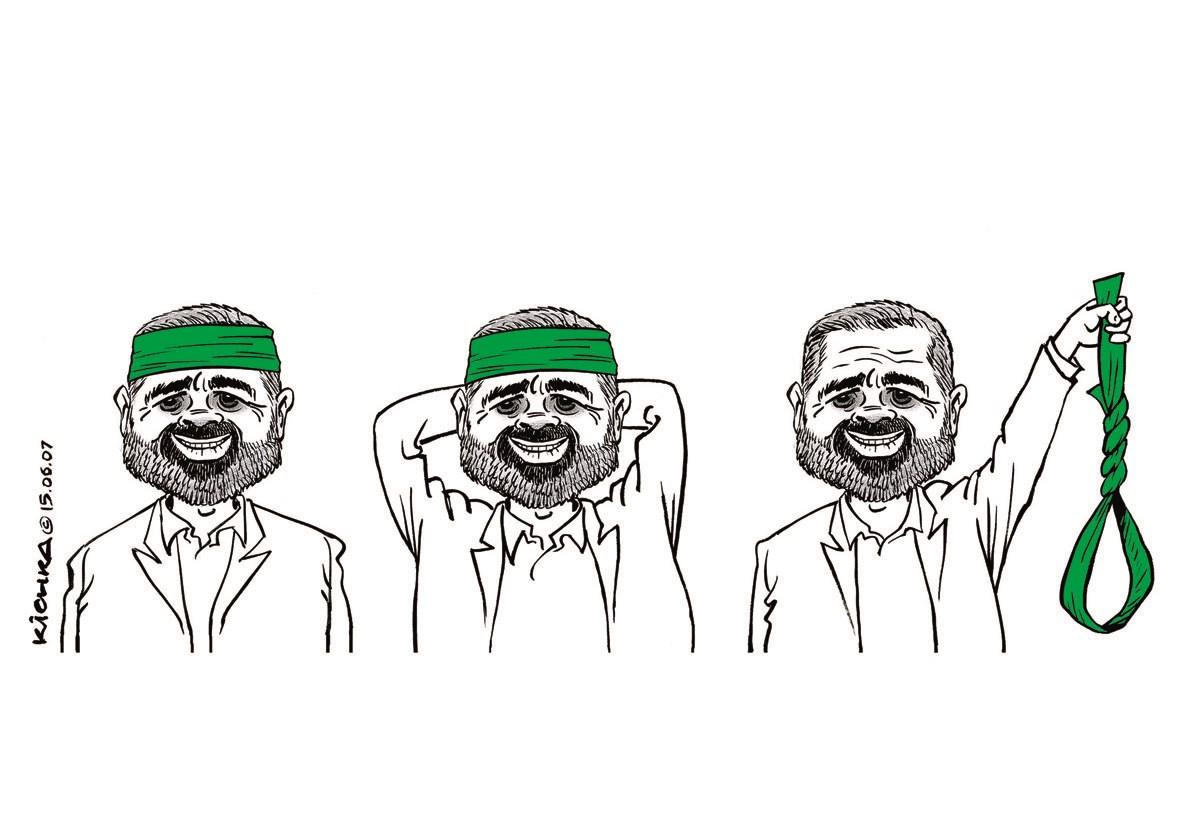
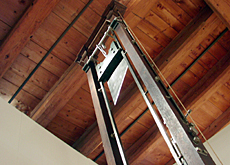
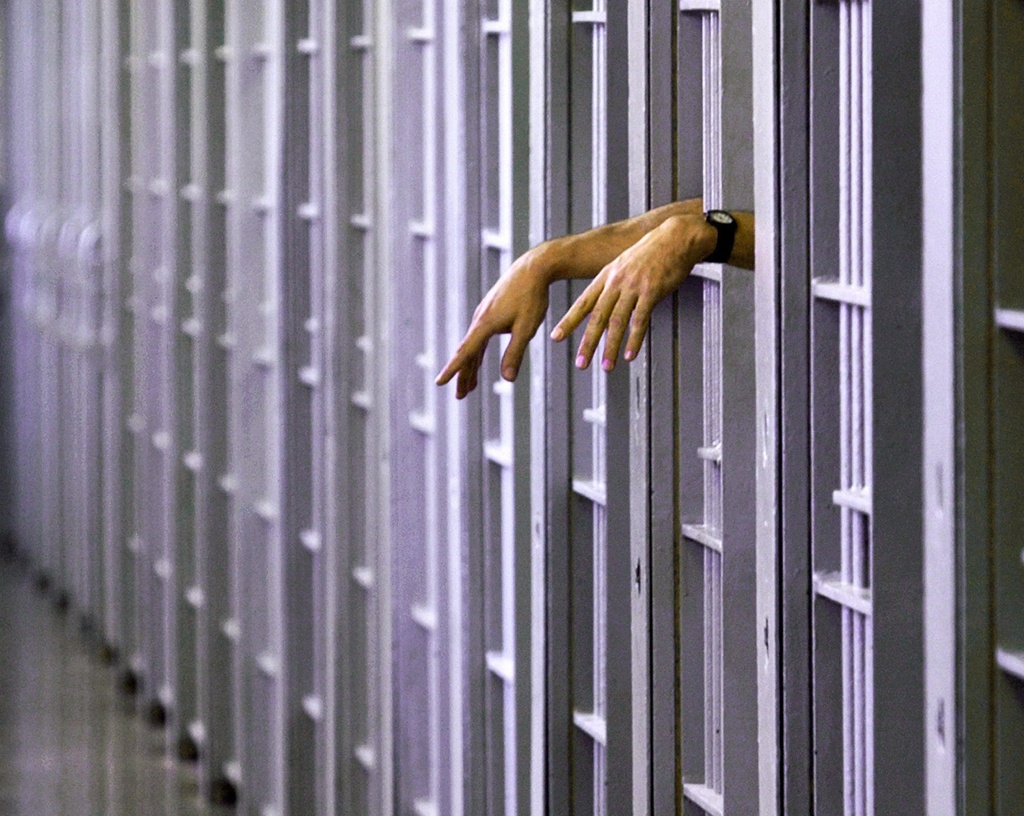
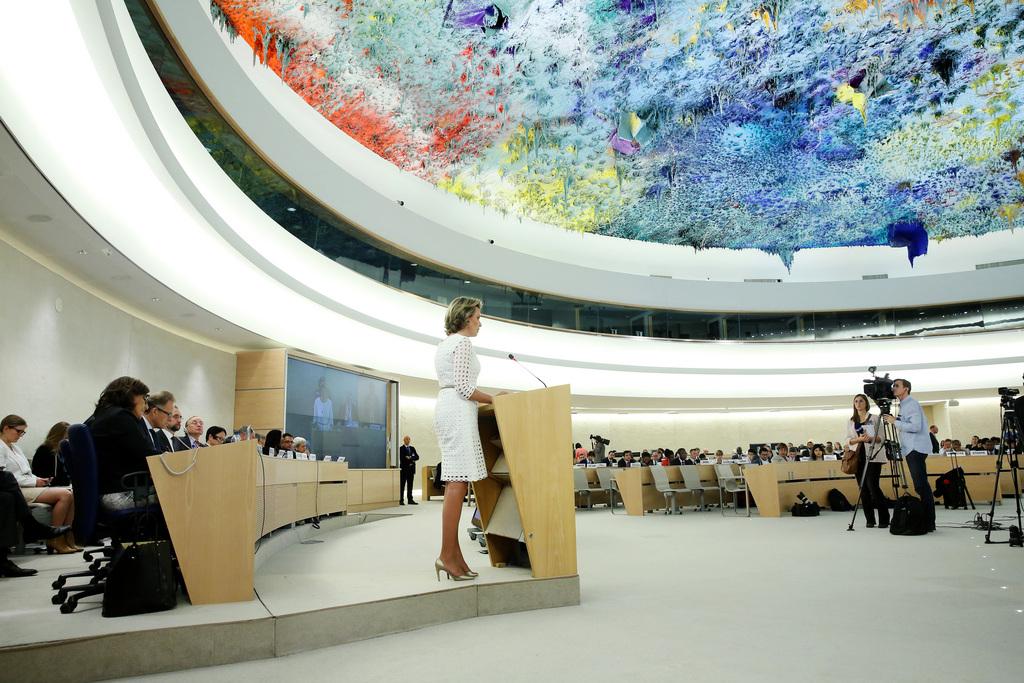
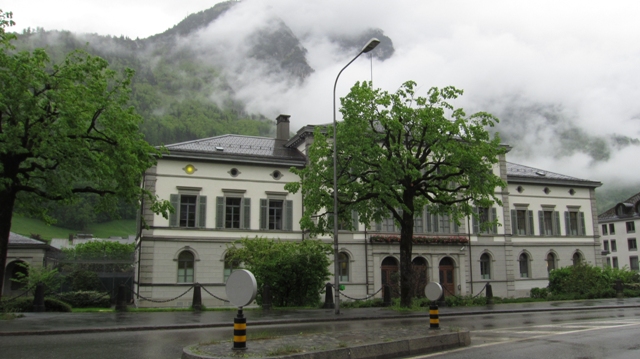
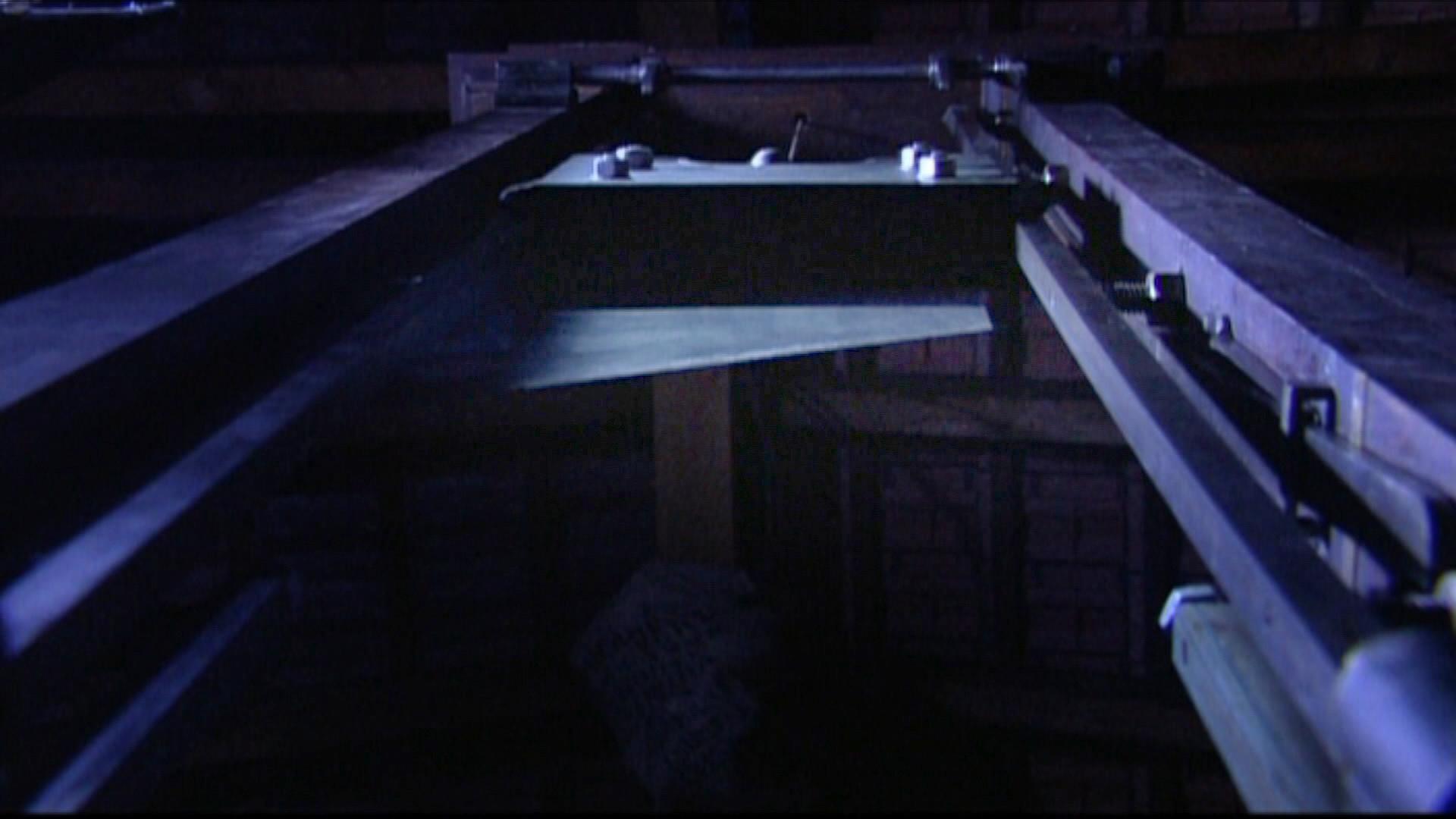
You can find an overview of ongoing debates with our journalists here. Please join us!
If you want to start a conversation about a topic raised in this article or want to report factual errors, email us at english@swissinfo.ch.